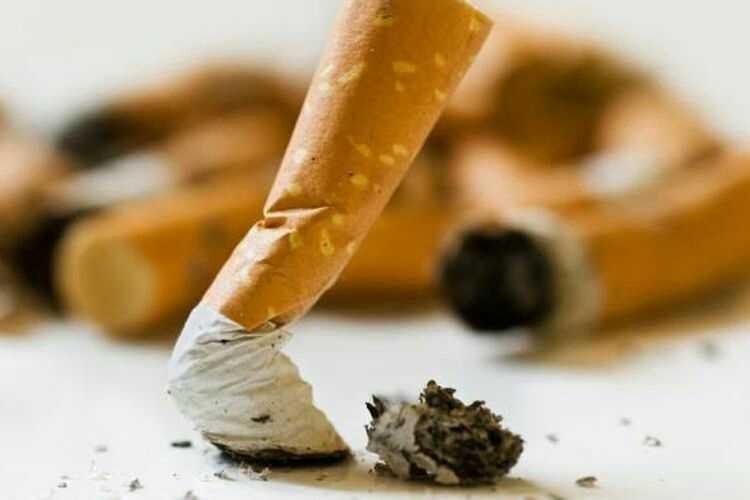
Cigarettes are often associated with lung health. However, as expressed by Dr. Ade Meidian Ambari, SpJP, FIHA, 35-40 percent of deaths are caused by cardiovascular disease and are associated with smoking.
Cigarettes even increase the risk of cardiovascular disease by 25-30 percent in passive smokers.
"According to patient data at RSAB Harapan Kita, the first risk factor for cardiovascular disease is smoking, which is 46 percent," he said at a press conference and Webminar 2018 held by the Indonesian Cardiologist Specialist Association (PERKI) and the Indonesian Heart Foundation in Jakarta.
Chairman of SMF Prevention and Rehabilitation of National Heart Center Hospital Harapan Kita is also revealed how cigarettes damage the heart health.
He said that cigarettes contain 7,000 chemical compounds 699 of which are toxic and 69 of which are karsiogenic substances.
Toxic substances in cigarettes can accumulate layers of fat that cause constriction and damage to the coronary artery (atherosclerosis). As a result, the function of vasodilation or dilation of blood vessels decreases and the inflammatory response increases.
When burned, cigarettes also produce carbon monoxide which reduces the amount of oxygen bound in the blood, so the heart must work harder to meet the body's need for oxygen.
Then, cigarettes increase the occurrence of thrombosis or blood clots so the risk of heart attack increases.
Ade also said that other tobacco products, such as cigars, shishas, and electronic cigarettes, also have the same acute cardiovascular effects as smoking because they contain nicotine.
Besides being an addictive substance, nicotine also stimulates the adrenal glands. The hormone adrenaline stimulates the sympathetic nervous system so that blood pressure and heart rate rise.
"This increase is harmful to normal people, let alone people who are heart disease. If the pulse, heart rate, and tensinya high; automatic heart burden increased and ischemic high, "he said.
In patients with heart failure, the adverse effects of nicotine are more pronounced. Patients may experience shortness of breath and need to undergo hospitalization at the hospital.
To reduce the above effects, a smoker needs to quit smoking for at least one year.
"But keep in mind also that if he quit smoking, but the environment smokes, the person can also have a heart attack because classified as passive smokers," he added.
source
Follow Me @muhammadibra
